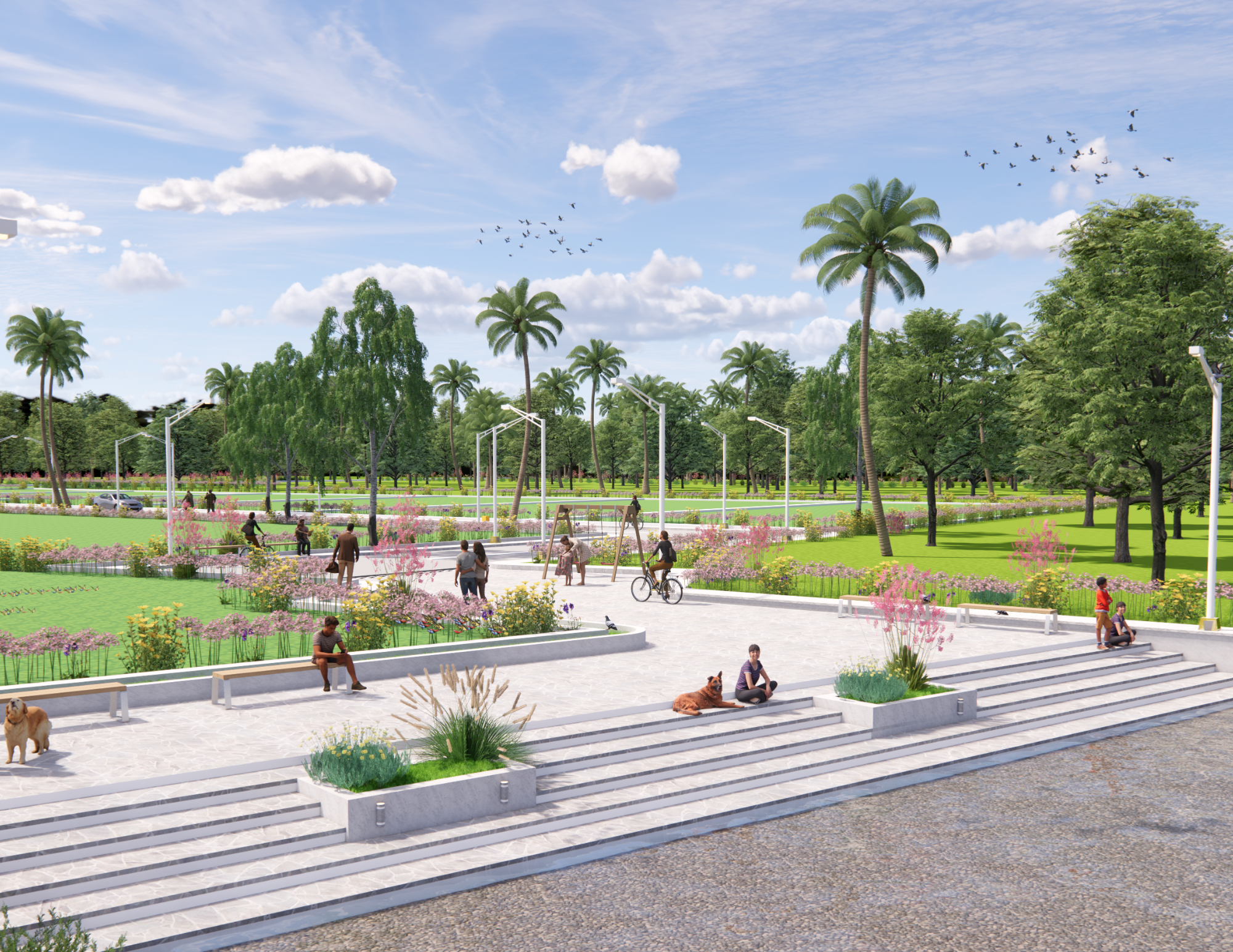
How Land Development is Shaping the Future of Indian Real Estate
India’s real estate sector is undergoing a dynamic transformation, and at the heart of this change lies land development. With rapid urbanization, government-backed infrastructure projects, and increased demand for residential and commercial spaces, the role of land development has never been more critical. From metropolitan hubs to Tier 2 and Tier 3 cities, land developers are creating the foundation for India’s future.
“Land is the canvas on which tomorrow’s cities and dreams are built.”
One of the most noticeable impacts of land development is the rise of planned communities. In major cities like Bengaluru, Pune, and Hyderabad, land developers are designing modern residential townships with an emphasis on lifestyle and sustainability. These communities often come equipped with amenities like parks, fitness centers, schools, hospitals, and shopping complexes—offering residents a convenient and holistic living experience. As a result, these projects are attracting a growing number of homebuyers and investors seeking more than just a place to live.
Commercial spaces are also evolving. As businesses expand, there is a growing demand for state-of-the-art office buildings, IT parks, and retail spaces. Land developers are meeting this need by transforming raw land into business hubs. This trend is particularly prominent in cities with booming tech industries and start-up ecosystems. By creating well-connected commercial districts, developers are playing a crucial role in enhancing job opportunities and local economies.
Infrastructure development is another key aspect. Many land developers are working in tandem with government bodies to enhance connectivity through roads, metro networks, and public utilities. Projects like the Delhi-Mumbai Industrial Corridor (DMIC) and Chennai-Bengaluru Industrial Corridor are examples of how land development is aligned with national growth strategies. Improved infrastructure not only boosts land values but also creates new growth corridors that can accommodate expanding populations and businesses.
Another significant shift in land development is the focus on sustainability. With increasing awareness of climate change, many developers are adopting eco-friendly practices. This includes incorporating renewable energy sources, rainwater harvesting systems, and green building materials into their projects. Some developers are even creating “green zones” or agricultural plots to promote local farming and biodiversity. This sustainable approach is not just an ethical choice—it’s also attracting environmentally conscious buyers and investors.
Digital technology is also playing a pivotal role in transforming the land development process. From virtual site tours and online booking platforms to smart city initiatives and IoT-based infrastructure management, technology is making land investment more transparent and efficient. This tech-driven approach is building greater trust among buyers and facilitating seamless transactions.
In conclusion, land development is a driving force behind India’s real estate revolution. By creating spaces that blend modern convenience, sustainability, and strategic location, developers are shaping the nation’s future landscape. As India continues its journey toward urbanization, land development will remain central to unlocking the potential of tomorrow’s cities. Whether you’re an investor, a business owner, or a prospective homebuyer, now is the time to explore the endless opportunities that land development has to offer.

Dianna Oustin
Lorem ipsum dolor sit amet, consectetur adipisicing elit, sed do eiusmod tempor incididunt ut labore et dolore magna aliqua. Ut enim ad minim veniam, quis nostrud
Joanna Mccarthy
Lorem ipsum dolor sit amet, consectetur adipisicing elit, sed do eiusmod tempor incididunt ut labore et dolore magna aliqua.